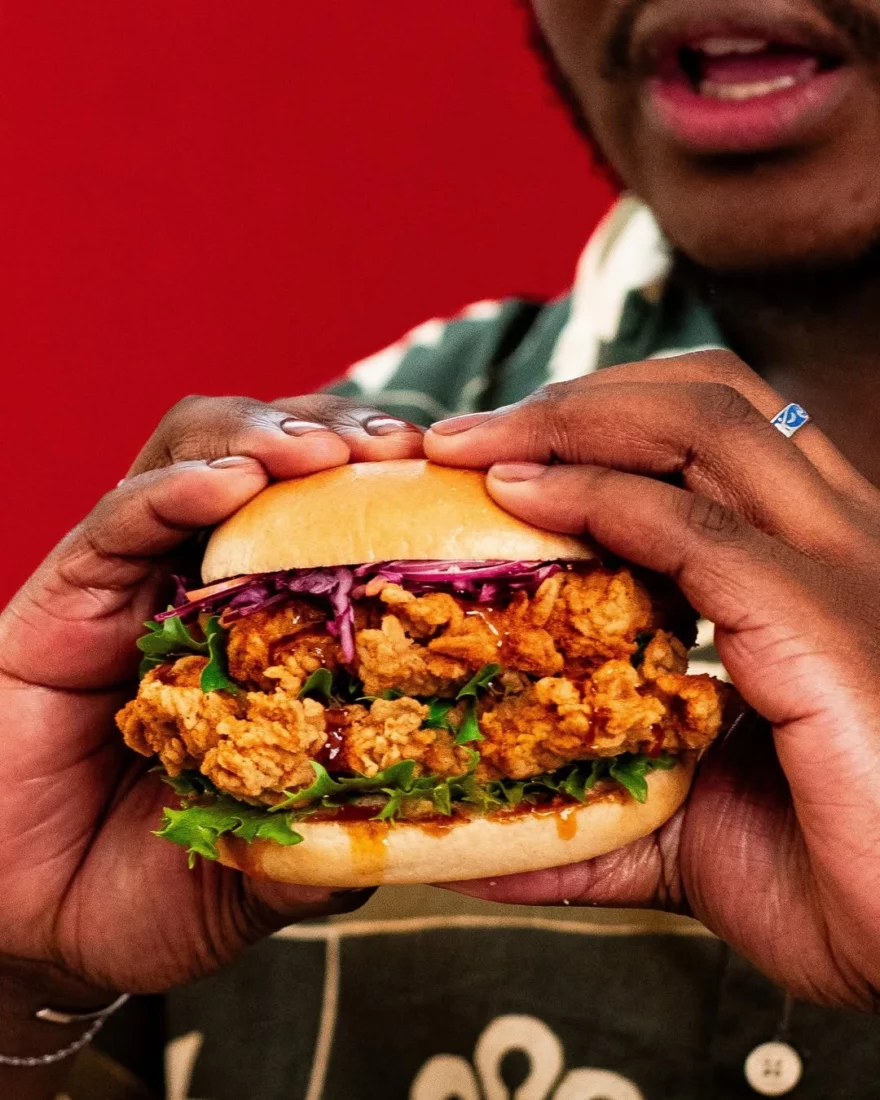
From January 2026, new UK advertising restrictions will land with a heavy thud on anyone promoting foods high in fat, salt or sugar – aka, HFSS products. If you’re in grocery or hospitality, you’ve probably seen the headlines and felt that familiar flash of worry: is this going to ruin our marketing strategy?
So let’s break it all down. Yes, the rules are changing. But no, it doesn’t mean the end of your creativity (or your sales). In fact, it’s a chance to sharpen your brand, strengthen your storytelling, and rethink how you connect with guests both online and off.
The government is rolling out a new set of advertising rules that aim to reduce children’s exposure to high fat, salt and sugar (HFSS) foods. It’s part of a wider public health push and it’s been on the cards for a while.
From January 2026, you won’t be able to run paid online ads for HFSS products (on Meta, TikTok, Google etc.).
You also won’t be able to advertise HFSS products on TV before 9pm.
This includes sponsored content, influencer posts, search ads and display banners.
Small and medium businesses (fewer than 250 employees) are exempt from the online ban but still affected by the TV restrictions.
The rules apply to foods in 13 specific categories – think burgers, pizzas, fried chicken, crisps, cakes and sugary drinks. If it’s indulgent then it’s probably on the list.
If you’re a restaurant group, bar brand, food truck or fast-casual operator, these changes matter. Especially if your menu leans toward the comfort-food end of the spectrum.
Here’s what to consider:
Duchess Media are an award winning marketing agency and the go-to destination for all things digital marketing, PR and events in the hospitality and lifestyle world.
You need to load content from reCAPTCHA to submit the form. Please note that doing so will share data with third-party providers.
More Information